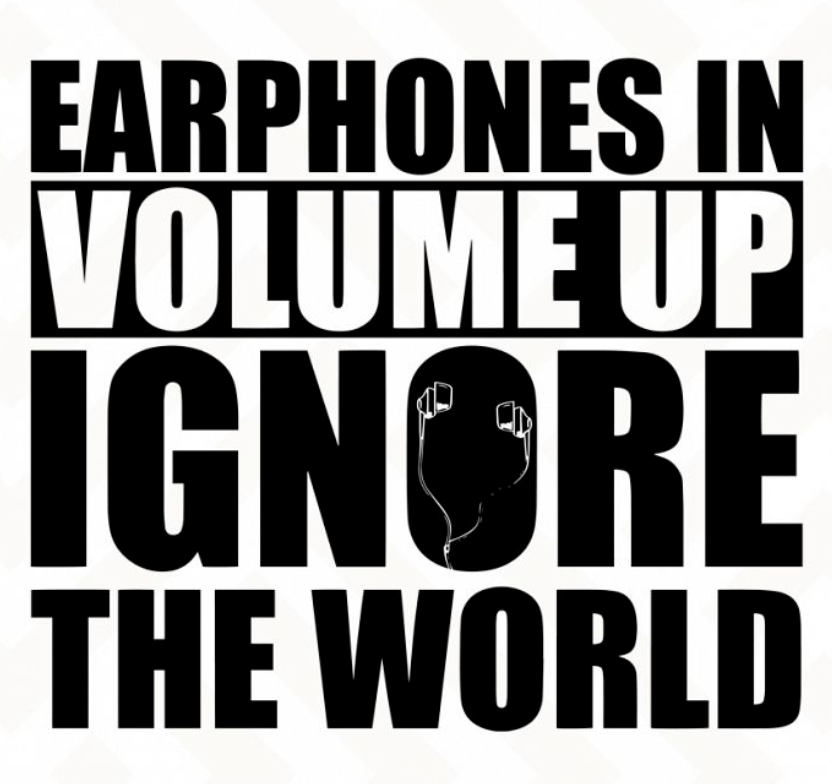“What should I do during vacation… you know, to look good on college applications?”
I hear this question often. Students and parents usually want to know if attending an organized camp, traveling far away to help people, or taking a college class will look good on college applications. I first acknowledge that each of these experiences can be valuable—and then suggest that painting a house, babysitting, publishing a blog, getting a j.o.b., learning an instrument, taking a bike apart, learning to sew, taking a daily walk, volunteering, speak (and think!) only in Spanish for a week, or even becoming a busker… can be just as valuable, when approached with the right mindset and two questions.
“Never let formal education get in the way of your learning.”
– Mark Twain
Okay, what are these questions that lead to college application success?
- Why am I doing this? (No, really, why?)
- What did I learn today?
A student who habitually keeps these two questions front of mind, every day, will shine on any application. “Why did I take X class, program, job, internship, trip?” And “What were the most important things I learned, and why are they important?” Document answers. Share answers with others. Apply what you learned. Applicants will quickly separate themselves from all the other outstanding academics and test takers by providing clear evidence of self-driven and intentional choice-making, and authentic reflection.
However, this isn’t just about college applications. We would all be more effective if we started the day by asking “Why am I doing this?” and finishing with “What did I learn?” Unfortunately, the competition, hype, and unwarranted focus on admission to elite colleges has derailed all of us from attending to Why? and What? But colleges and universities are now looking beyond GPA and SAT scores. Spurred by increasing student depression, anxiety, and suicides, schools are shifting evaluation criteria and now actively seek students who routinely ask these important questions. Why? Because student who ask these questions make better choices, and are more successful in college. They become intentional learners and make thought(filled)-driven choices.
“My grandmother wanted me to have an education, so she kept me out of school.”
– Margaret Mead
The most competitive college applicants will provide clear evidence for attending to Why? and What? questions. Can a student effectively communicate why they did X, and what they learned? Students who provide consistent evidence of these behaviors will stand out like a beacon in a sea of sameness. Where students go during vacations or what they do is secondary to what they learn. Learning to effectively communicate their intentional, self-driven, and courageous growth is the best way a student can… you know, look good on college applications.
“Education is what remains after one has forgotten what one has learned in school.”
– Albert Einstein


